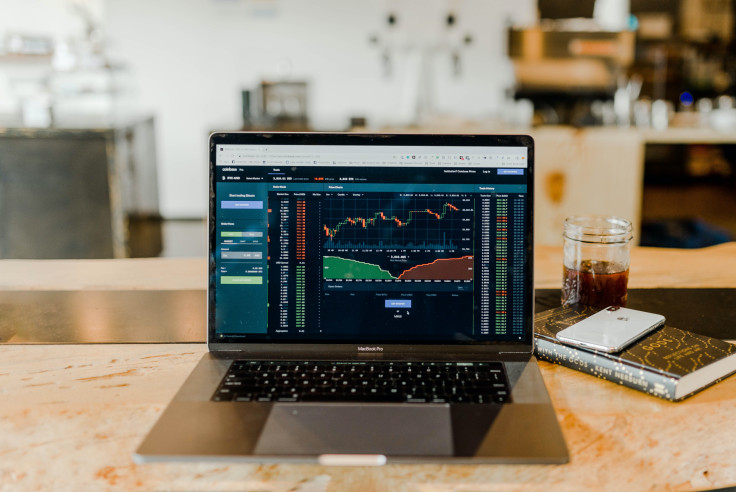Wall Street is divided over impact of strong Chinese economic growth
Earlier this week, the US received encouraging economic indicators. However, analysts are considering the pros and cons as Chinese growth also beat expectations.

The US dollar surged on Monday as investors rode high on confidence after a pleasant surprise from the New York Empire State Manufacturing Index. In a day of positives, the Treasury US yields and equity valuations also soared. The US two-year yield hit 4.20 per cent, the highest level since the Silicon Valley Bank (SVB) collapse, and there is a possibility for further growth as bank stress seems to have subsided.
The odds of a Federal Reserve rate cut by the end of the year dropped to 25bp, which is a clear sign of investors' optimism considering it was projected to hit 100bp at some point. However, December and February's stock sell-offs were warning signs, with any increase over the current US 10-year yield of 3.60 per cent as a warning signal.
As the market's focus returns to economic and corporate data, the S&P 500 is getting close to its February highs. Stronger than anticipated profits might help equities bulls, but US yields will likely respond to the economic realities of the situation, which include high inflation, resilient economic activity, and good employment, as well as the possibility of reversing the recent improvement due to rising energy costs.
In another development, Chinese growth accelerated in Q1, exceeding experts' expectations of 4 per cent, as revealed by the National Bureau of Statistics (NBS). This is a rise of 2.9 per cent from the previous quarter. After "zero-COVID" limitations were lifted at the end of 2022, people rushed to restaurants and retail centres, contributing to the quarter's GDP growth that was more than predicted. Industrial production increased by 3 per cent, and retail sales increased by over 10 per cent. Both figures exceeded expectations, and the rate of unemployment decreased more than was anticipated. Strong China data stopped the US oil selloff into the $80pb level, but this news didn't have the desired effect on US equities futures.
Strong Chinese growth is great for French luxury brands and many other businesses around the world. However, inflation could follow suit, causing central bankers to tighten their purse strings, and lessening positive stock effects. If an equity selloff occurs, it will probably have a more detrimental effect on rate-sensitive tech stocks, such as chipmakers.
However, having a favourable exposure to mining and energy equities is unquestionably a smart insurance policy against more energy- and raw material-driven inflation. In this regard, there is little doubt that the British FTSE index, which is heavily weighted with energy and mining sectors, could easily outperform in a setting where energy-driven global inflation is prevalent.
David Rees, Senior Emerging Market Economist, stressed that following the repeal of the government's zero COVID-19 policy, China's economy is likely to perform better than anticipated this year, with a predicted GDP growth of 6.2 per cent. The return of foreign travel will help several tiny Asian countries that depend on Chinese visitors, while the reopening of China's economy and ensuing services-driven rebound are anticipated to assist local equities.
Chris Turner, Global Head of Markets at ING believes Chinese activity data is a good omen for commodity currencies, emerging market currencies, and the Euro, as the manufacturing sector in Europe is enormous.
"Better Chinese data is normally seen as good news for the euro too, due to the large manufacturing sector," Turner added.
After epidemic restrictions and trade limitations with the US hampered growth, China's economy is now accelerating. The Chinese authorities continued rolling lockdowns and mass testing to halt Covid-19's spread for almost three years. Except for the Covid-hit 2020 year, China's GDP grew at its weakest rate since the middle of the 1970s in 2022.
© Copyright IBTimes 2025. All rights reserved.






















